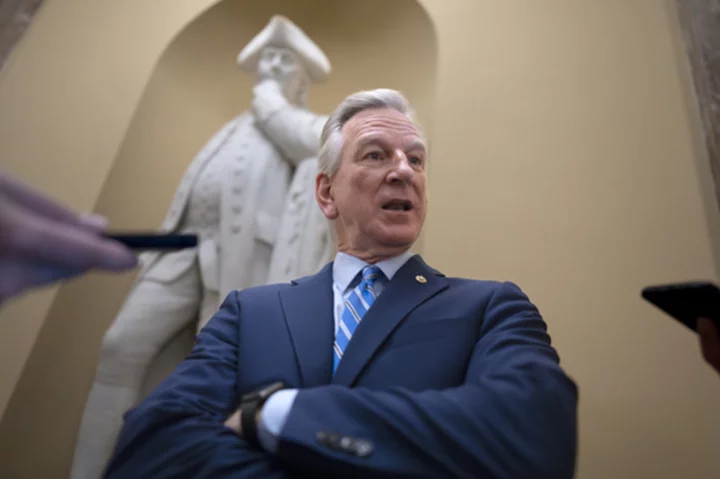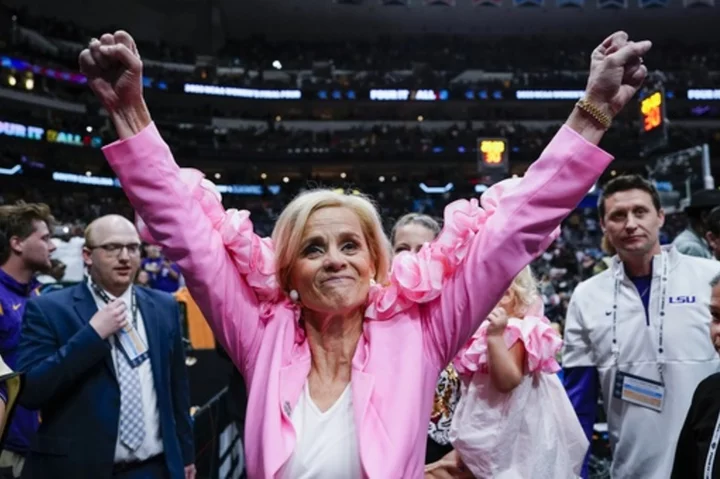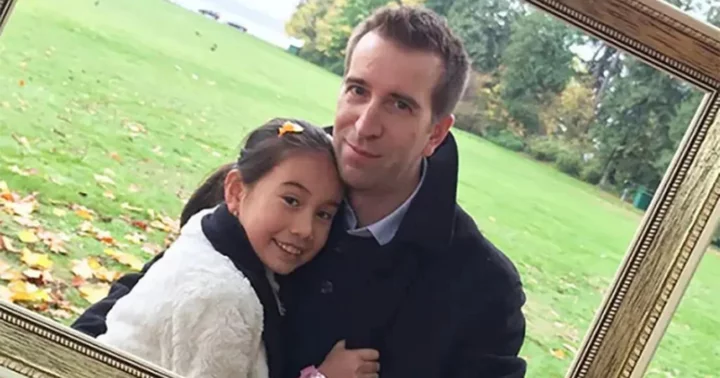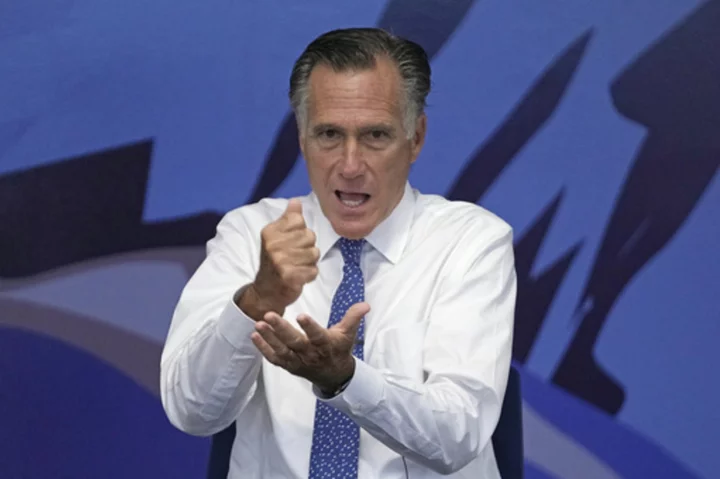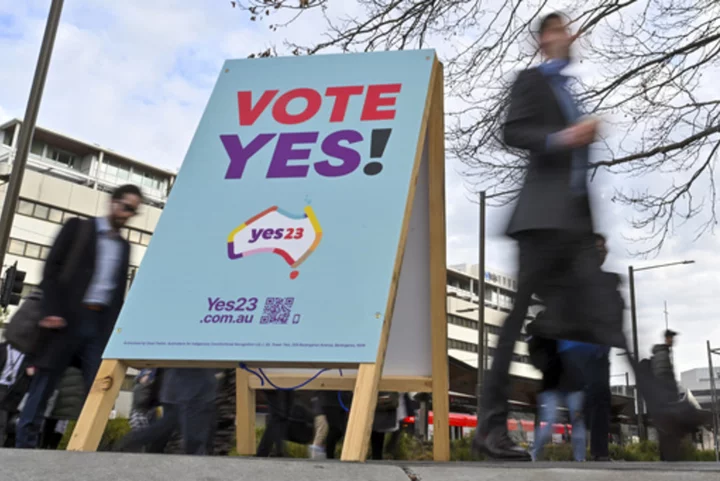WASHINGTON (AP) — Sens. Joe Manchin and Tommy Tuberville introduced a college sports bill Tuesday that would require athletes to disclose how much they money make from name, image and likeness deals, regulate collectives and put restrictions on transferring players.
The bipartisan action is the second to come out of the Senate in the last week. Democrats Cory Booker (N.J.) and Richard Blumenthal (Conn.), along with Republican Jerry Moran (Kan.) put forth a draft bill of potential legislation to standardize NIL rules and provide long-term health care for college athletes.
Manchin (D-W.Va.) and Tuberville (R-Ala.) have been gathering feedback from college sports stakeholders for months.
“Our bipartisan legislation strikes a balance between protecting the rights of student-athletes and maintaining the integrity of college sports. I urge my colleagues on both sides of the aisle to consider this commonsense legislation as a way to level the playing field in college athletics,” Manchin said in a statement.
The Protecting Athletes, Schools, and Sports Act would establish a regulator to oversee agents and collectives, the booster-funded organizations that provide many NIL deals to college athletes. It would also establish a uniform NIL contract for athletes, create a public website to publish NIL data without revealing names of athletes and require contracts to be disclosed within 30 days.
PASS would require schools to fund some long-term health care for their athletes. It also would regulate transfer rules, requiring athletes to complete three years of academic eligibility before being able to switch schools and immediately compete.
The NCAA loosened transfer rules in recent years to allow all athletes to change schools and be immediately eligible to play —- no questions asked — one time as an undergraduate.
The combination of relaxed transfer rules and the NCAA lifting its ban on athletes being able to monetize their fame has led to an increase in player movement and concerns about NIL being used as an impermissible inducement to both transfers and high school recruits.
___
AP college football: https://apnews.com/hub/college-football and https://twitter.com/ap_top25 Sign up for the AP Top 25 newsletter here: https://link.apnews.com/join/6nr/morning-wire-newsletter-footer-internal-ads

